COP28: The world needs more cotton
Calendar and Events |
In the current setting, where people are feeling the impacts of climate change on a daily basis around the world, cotton is the most sustainable option available. Despite being a natural raw material which has a low environmental impact and is 100% biodegradable, it has been losing ground in the global fibre trade to synthetics which are cheaper but pollute more and are less durable. During the 28th edition of the United Nations Climate Change Conference (COP), which runs until December 12th in Dubai (UAE), Brazil wants to show that this story can, and should be turned around.
“Consumers prefer cotton because it is more comfortable, cooler to wear and provides greater quality. Growers want to continue growing because they have already learned how to grow in a responsible manner, minimizing impacts and creating environmental assets that help with climate management”, explains Alexandre Schenkel, president of the Brazilian Cotton Growers Association (Abrapa).
During COP28, Abrapa’s director of International Relations, Marcelo Duarte Monteiro, will take part in the panel discussion entitled, “Green Production Dialogues: Unveiling Sustainable Practices and Success stories in Beef and Cotton” on December 10th at midday (local time). For at least three years now, Abrapa has actively participated in the COP meetings, presenting cases of sustainability and transparency in Brazilian cotton farming.
This year, they will have a double role. The first mission is to show how the Brazilian cotton production model can contribute to overcoming the challenges of climate change. Secondly, the aim is to present the total bale traceability system, which offers transparent tracking of cotton’s journey from the farms of origin to the mills, whilst also showing the environmental benefits that cotton offers.
“Among all the textile fibers that are commercially attractive, cotton is the one that emits the least carbon dioxide (CO²)”, points out Abrapa’s director, citing 2018 data from the International Cotton Advisory Committee (ICAC).
He further adds that, today, Brazil stands out due to the fact that more than 80% of all its cotton production has socio-environmental certification. “In recent decades, Brazilians have developed their own way of farming. We have combined efficiency, crop rotation and the adoption of regenerative agriculture, together with our responsible way of doing things. When a farm joins our socio-environmental certification protocol, it becomes a safe and dignified environment for people to work in and also an environmental preservation unit, while still remaining profitable”, the director explained.
The protocol he mentioned is the Responsible Brazilian Cotton (ABR) program established in 2012 which, today, covers 82% of all national cotton production. The Scheffer Group, an agricultural company from the state of Mato Grosso, is one of the farms certified by the ABR protocol. The success of its regenerative practices, which are fully traceable, will also be presented during the Abrapa panel discussion by Scheffer’s Commercial, Financial and Sustainability director, Fabiana Furlan.
“All of our production is monitored from the field to shipment, and the bales that are exported are traceable using radio frequency identification. This level of transparency is essential in order for the market to know that, in Brazil, cotton is responsible and provides a quality product”, said Ms. Furlan.
Data from the United States Department of Agriculture (USDA) places Brazil as the third largest producer and second largest exporter of cotton in the world. Estimates from the Brazilian National Cotton Shippers Association (Anea) indicate that between July 2023 and June 2024, exports will reach a total of 2.4 million tonnes – 60% more than in the previous season.
Abrapa’s presence at COP28 is at the invitation of the Brazilian Trade and Investment Promotion Agency (Apex-Brasil). Together, Anea, Abrapa and Apex-Brasil have been developing Cotton Brazil – a brand that represents the Brazilian cotton production chain around the world. In addition to Abrapa, the Brazilian Beef Exporters Association (Abiec) will also take part in the panel discussion presenting information about Brazilian beef production.
